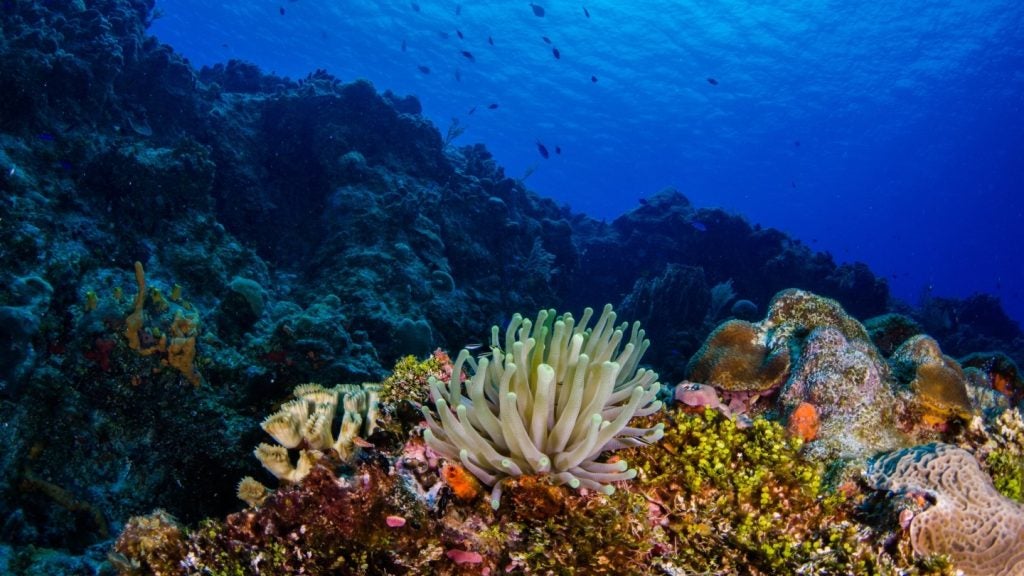Norwegian lawmakers have agreed to allow deep sea mineral exploration in the Arctic Ocean, ignoring caution from environmentalists that the action could hamper marine biodiversity.
The country’s minority government secured support from two large opposition parties for the seabed mining proposal, which was announced in June this year.
The government expects the move will help the country become a commercial-scale seabed mining leader.
It is being supported on the grounds of securing a source for critical minerals and for creating jobs, Reuters reported.
The initial bill is said to have been amended by the government, and will be discussed formally next month and then voted on.
The amended bill is said to be more stringent in terms of environmental survey norms compared with the original bill, added the news agency.
The move is also expected to give parliament the final say on whether to go ahead with full-scale mining after looking at data from initial exploration activities.
Norwegian Member of Parliament Baard Ludvig Thorheim was quoted by Reuters as saying: “We believe, and hope, it will become the international standard for this activity. At the same time it is important that it is a framework that is predictable for commercial players, on which we rely on for these activities.”
He also stated that the bill was debated on balancing environmental needs and commercial feasibility for companies that want to participate in deep-sea mining.
Loke Marine Minerals, a seabed mining start-up, has welcomed the government’s decision.
The news agency quoted Loke CEO Walter Sognnes, who stated: “Great day not only for Norway but for the world. We need to have a fact-based evaluation of deep sea minerals as a provider of critical minerals for the green energy transition.”
In a press release, WWF Norway alleged that the government, in June, had agreed on deep-sea mining in areas the size of Great Britain.
WWF Norway CEO Karoline Andaur said: “The deep sea is the world's largest carbon store and our last untouched wilderness, with unique wildlife and important habitats that cannot be found anywhere else on earth.
“Rushing the opening process and allowing a potentially destructive industry without closing the large knowledge gaps could have disastrous consequences.”









